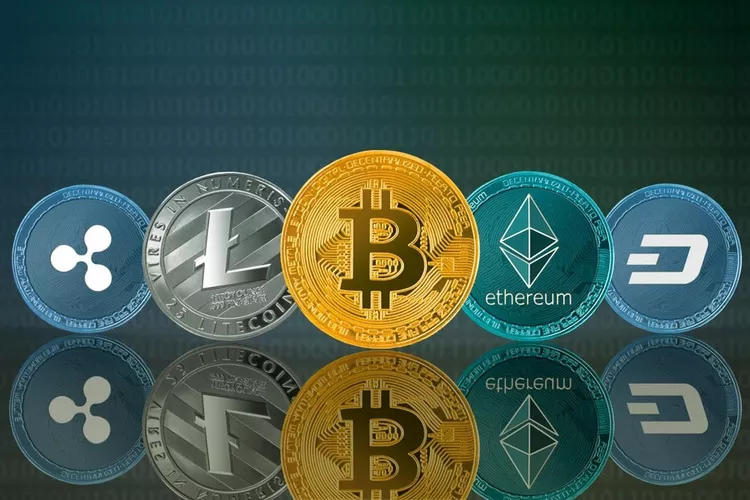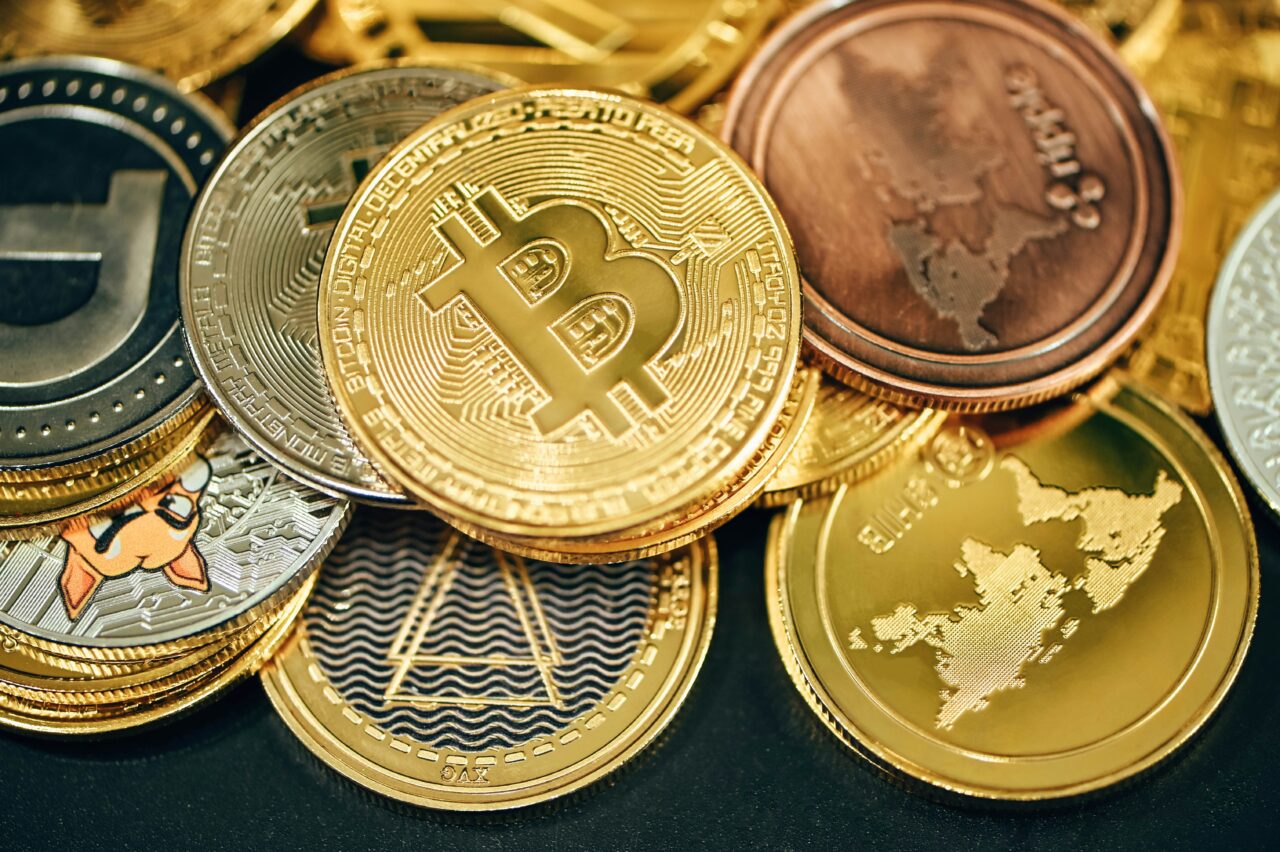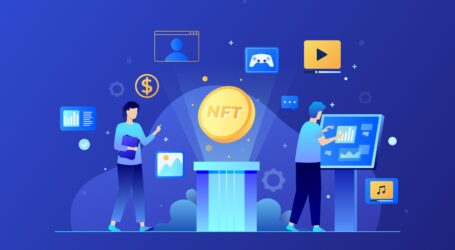What is Altcoin? Explained in a nutshell
What Are Altcoins?
Altcoins are cryptocurrencies that serve as alternatives to Bitcoin, which is the first and oldest cryptocurrency. Since Bitcoin’s introduction, many new cryptocurrencies have been created. These are collectively referred to as altcoins. Essentially, any cryptocurrency launched after Bitcoin falls under this category. The term “altcoin” highlights the fact that these coins exist outside of Bitcoin’s network.
This article will help you understand the basics of altcoins, their features, and their unique characteristics.
What Makes Altcoins Different?
Altcoins differ from Bitcoin in various ways, though they share some common features. Many altcoins function as digital currencies that facilitate payments on different platforms, not just their own networks. Some are designed to offer faster transactions or greater privacy compared to Bitcoin. Others use distinct distribution methods or mining algorithms. Despite these differences, most altcoins serve similar purposes: acting as a store of value or enabling decentralized, peer-to-peer payments.
Some altcoins are created for highly specific use cases. For example, they might focus on niche industries or solve particular problems. This specialization often sets them apart from Bitcoin’s original purpose as a peer-to-peer payment network.

Popular Altcoins and Market Trends
As of April 2018, CoinMarketCap listed over 1,500 cryptocurrencies, with every one except Bitcoin classified as an altcoin. By August 2019, the top-ranking altcoins in terms of market capitalization included Ethereum, Ripple, Bitcoin Cash, Litecoin, Tether, Binance Coin, EOS, Bitcoin SV, Stellar, Cardano, and Monero. However, the cryptocurrency market is dynamic, and some altcoins that were once popular have faded into obscurity.
Market capitalization, or market cap, is a key metric for evaluating a cryptocurrency’s value. It is calculated by multiplying the current market price of a cryptocurrency by its circulating supply. Understanding this metric is essential for assessing the significance of different altcoins in the market.
Unique Features and Use Cases
While many altcoins mirror Bitcoin in their functionality, others stand out for their unique applications. For example:
- Litecoin offers faster transaction speeds.
- Ethereum supports decentralized applications (DApps).
- Dogecoin began as a fun cryptocurrency but has gained a loyal following.
- IOTA uses a unique technology called Tangle, which differs from traditional blockchain.
- Pantos enables multi-blockchain token transfers.
These diverse applications show the wide range of possibilities within the altcoin ecosystem.
The Future of Altcoins
The future of altcoins is uncertain but promising. As new technologies and use cases emerge, altcoins will likely continue to evolve. However, just like any industry, not all altcoins will survive. Some may lose relevance or cease to exist, particularly if they fail to offer value or adapt to changing trends.









